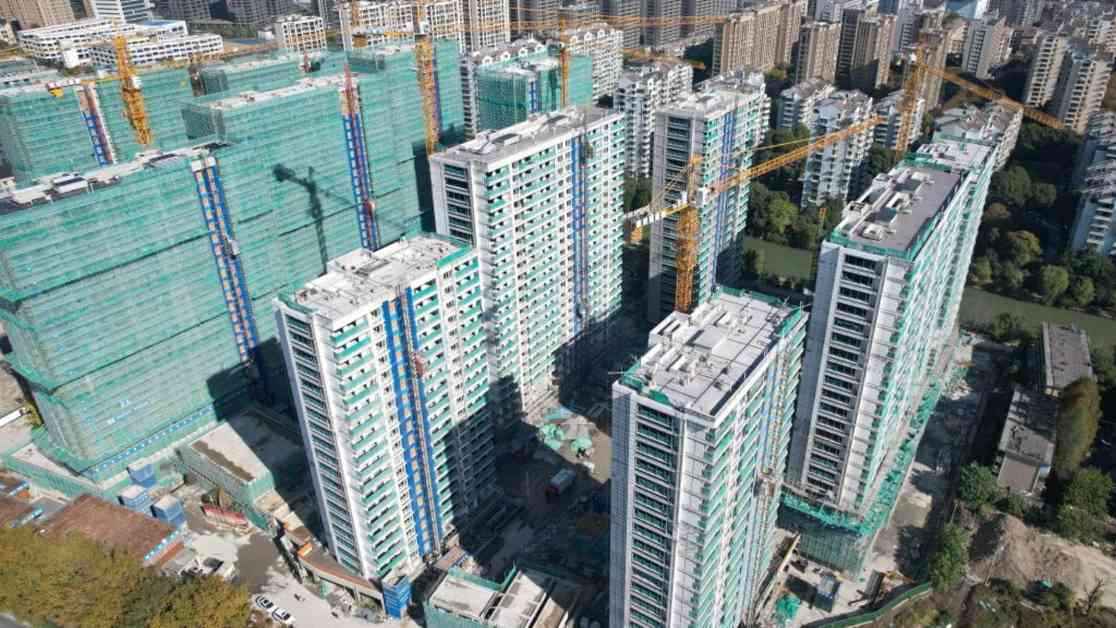China’s Fiscal Policy Shift: A Bold Move in Uncertain Times
China has recently announced a significant change in its fiscal policy by increasing its budget deficit target to around 4% of the country’s gross domestic product (GDP). This move, outlined in an official government report presented for review in parliament, comes at a time of heightened tensions due to the ongoing trade war with the United States.
The decision to raise the deficit target from 3% to 4% signals a departure from previous fiscal strategies and has been met with both anticipation and scrutiny. This adjustment, the highest recorded since 2010, reflects the government’s response to various economic challenges, including the impact of the trade war and the need for increased financial support amid a struggling real estate market.
Support for Local Governments and Economic Growth
Amidst concerns over local government debt and declining revenue from the real estate sector, China had previously unveiled a support package worth 10 trillion yuan ($1.4 trillion) over a five-year period. This initiative aimed to address financial struggles faced by local governments, exacerbated by the economic downturn and the need for additional spending on pandemic-related measures.
The country’s real estate market slump has posed a significant challenge to local governments, further straining their financial resources. With revenues dwindling and economic growth slowing, there has been a growing call for increased fiscal stimulus to stimulate consumption and drive overall economic recovery.
Expanding Fiscal Measures
In addition to raising the budget deficit target, China is also planning to expand the quota for special sovereign bond sales and increase the limit for special local government bond issuance. These measures, as estimated by Macquarie’s Chief China Economist Larry Hu, are expected to triple the special sovereign bond sales quota to 3 trillion yuan ($410 billion) this year, up from 1 trillion yuan in 2024. Similarly, the quota for special local government bond issuance is set to increase to 4.5 trillion yuan from 3.9 trillion yuan, providing additional financial support to local governments.
The decision to increase the deficit target and expand bond issuance quotas reflects China’s commitment to supporting economic growth and addressing key financial challenges. By bolstering fiscal measures and providing additional support to local governments, the country aims to navigate through uncertain economic times and drive sustainable recovery.
In conclusion, China’s decision to raise its budget deficit target to around 4% of GDP marks a significant shift in fiscal policy and underscores the government’s proactive approach to economic challenges. As the country continues to navigate through a complex economic landscape, these measures are aimed at providing critical support to local governments and driving overall economic growth.

















